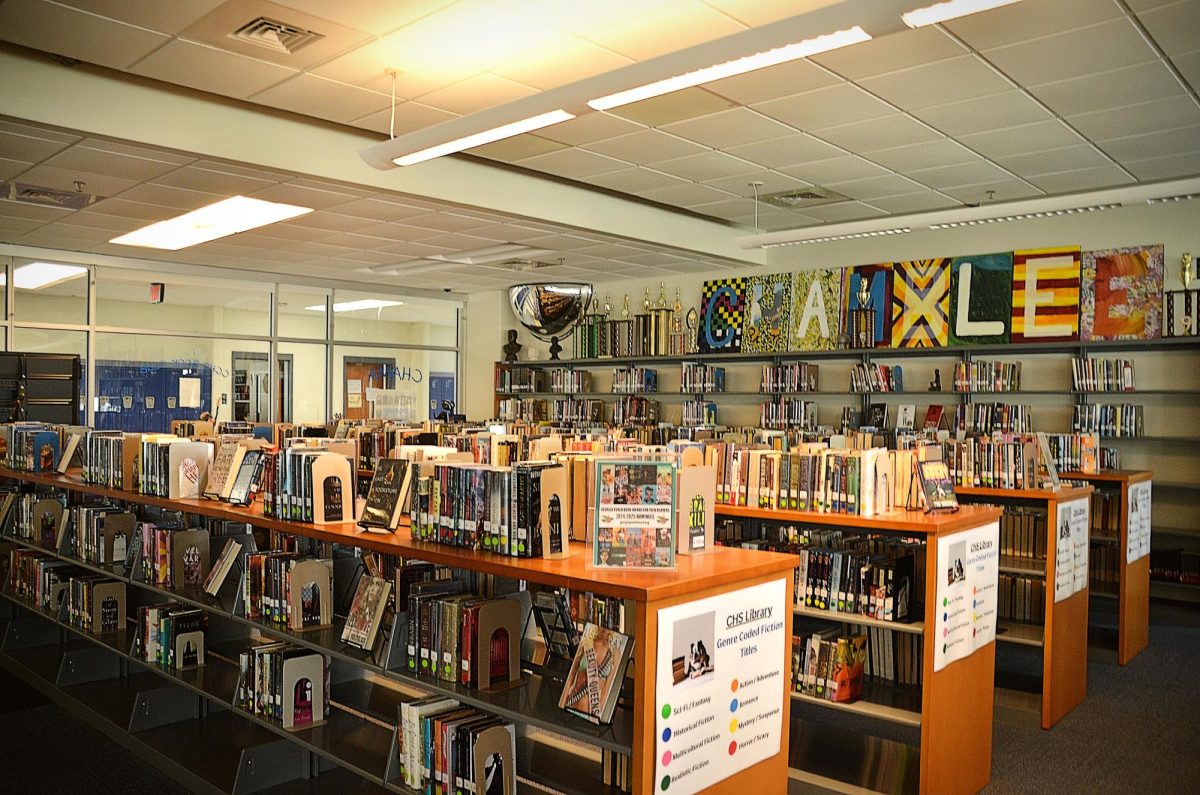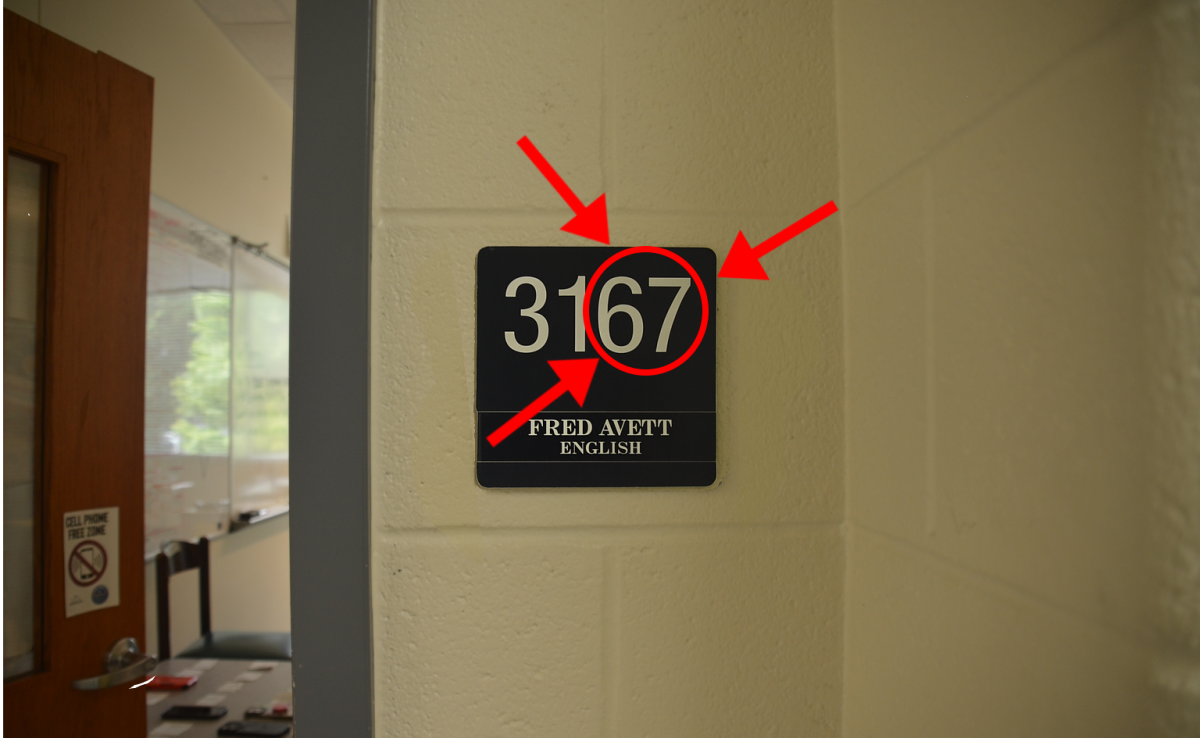Student performance can be affected by many factors; more specifically, teachers have a major impact on how their students perform. Ideally, students should feel helped and supported by all of their teachers. At Chamblee High School, students’ experiences with teachers affect their motivation to learn and do well. It is important to reflect on positive and negative experiences to create a positive learning environment for all students.
According to many students, good teachers make learning easier and more enjoyable. Students value good teachers because they can positively affect students’ approach to learning.
“When you have a really good teacher, you enjoy being in the class,” said Ben Amaya (‘25). “It helps me stay focused in class because it makes me want to do the work… [and stay] engaged, and that’s so important.”
Good teachers can change students’ learning experience. These teachers make sure every student has access to what they need to learn.
“[This teacher was] very organized and had a clear structure for how class [should] run,” said Charlotte Freymann (‘25).
When students feel like their teachers respect and care about them, they are encouraged to do better in that class.
“[My teacher] pushed me to form a higher level of thought that I was previously never asked for from teachers,” said Grayson Allmon (‘25). “He made us see both sides of a topic and how it would affect our decision-making.”

Photo courtesy of Noa Zilber.
On the other hand, many students felt that they had teachers who made learning more difficult.
“When I asked a question or I was double-checking something, I felt like she would judge me,” said Noa Robertson (‘26).
When students feel judged by their teachers, it can lead them to not put as much work into that class. And when students feel like they aren’t respected by teachers, they lose motivation to do the classwork.
“I felt like trying in that class wasn’t worth it, because [this teacher] would just yell at us either way. So I just kept trying less in that class,” said Autumn Bouldin (‘27). “Obviously, my grades started going down, and I started to have more missing assignments because I just couldn’t stand to be in that class.”
It is unfortunate, but many students have felt unsupported by their teachers. It is important to discuss these issues to bring it to the attention of people who can fix them. Students shared their ideas for how teachers could help make learning less difficult.
“A lot of teachers don’t communicate well,” said Makayla Stephens (‘26). “I definitely think communication is very important, and also it’s fun to do hands-on learning to keep students engaged.
There could also be other reasons students feel unsupported by their teachers. A study published by the National Library of Medicine found that negative treatment of students could be a result of discontent with resources or conflict with other staff. The abstract states: “The findings revealed that incivility among faculty members and higher discontent with university resources generate a conflict-inducing attitude in faculty members, which subsequently creates negative behavior in teachers towards students.”
Some students also find that the methods teachers use to motivate their students play a part in how students perform. Another way teachers impact students is through their methods of motivation. The University of Central Florida researched positive and negative reinforcement versus positive and negative punishment. Reinforcement increases a behavior, and punishment decreases a behavior, while positive refers to adding something and negative refers to taking something away. For example, positive punishment would be adding a consequence in order to get someone to stop a behavior. Teachers can use different methods of reinforcement or punishment to encourage students to succeed in class. Because each student is different, it could be beneficial for teachers to be willing to try different methods.

Photo courtesy of Noa Zilber.
There is already negative reinforcement to do work because the consequence is grades dropping after a deadline or due date is missed.
“Personally, I think negative reinforcement has more of an impact. I do my work anyway, but I’m more likely to do my work well and in a timely manner if something bad is gonna happen if I don’t,” said Kate Sarago (’25). “If I were to get a piece of candy, I wouldn’t be as motivated, because it’s something I already have to do.”
For some students, teachers who use negative reinforcement can have a negative effects on students.
“I feel like [negative reinforcement] stresses me out and causes me to do worse in classes,” said Mack Williams (‘27).
Students’ school experience is clearly affected by teachers, which is why it’s important for teachers to offer their students as much support as possible.
Annabelle Shim (‘26) said, “[Teachers that] genuinely care about me understanding and comprehending the subject – and didn’t give up on me even when I didn’t get it – have positively impacted me.”








